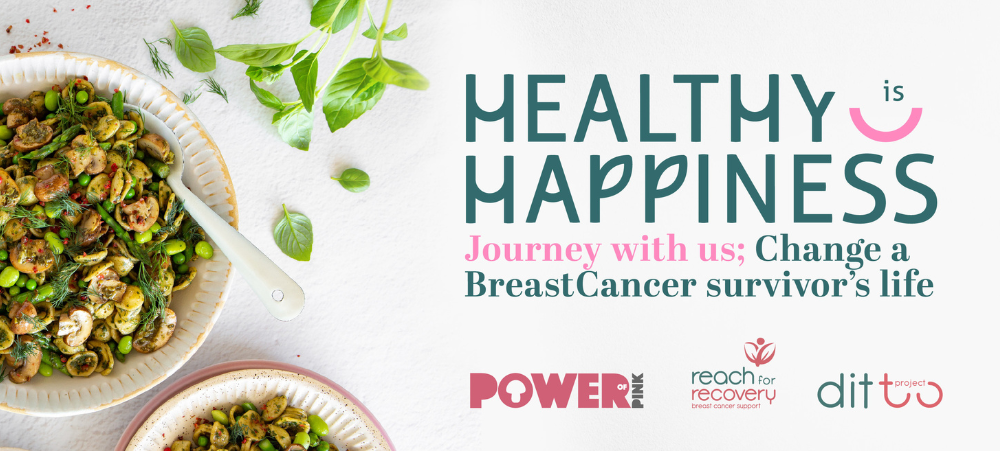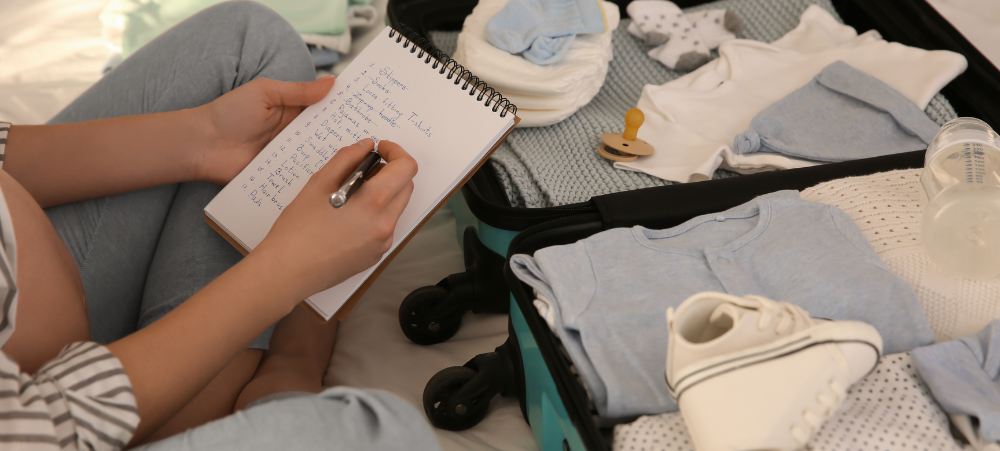Its 6am, the electric breast pump is going in one hand and I’m sipping my tea using the other. I have had a baby, and the only thing I have to show for this is leaking ducts and a searing stomach cut. No baby cries coming from the room next door, no nosy family members dropping by to see the new baby. Nope my baby that I have come to know as little blob is lying in an incubator 20min drive from our home.
Depending on your baby’s prematurity and birth weight, your baby will need to spend time in the NNICU (Neo-Natal Intensive Care Unit). This is incredibly hard to endure, as a mother you have gone from carrying this little angel for months and now you have no choice but to leave them in an incubator. Going home is hard, seeing them is hard…but thankfully each day gets better. Different people cope in their own way. I just looked forward to receiving positive news at the beginning of each visit and just being able to wrap her hand around my finger was heaven. My husband on the other hand was all about the numbers and graphs. He had to measure each and every weight increase no matter how small. As annoying as this may seem, this was his coping mechanism.
NNICU Equipment
Here are a few descriptions on some of the monitors and equipment the NNICU staff may be using on your baby. (It is important to remember that not all premmies use all of this equipment, it all depends on their individual needs).
- Cardiac monitors: These use stickers on the chest connected to wires (called leads) that hook up to a monitor to make sure that baby’s heart is beating at the correct speed and with the correct rhythm.
- Respiratory monitors: Often part of the cardiac monitors, these use leads to monitor baby’s breathing rate and pattern.
- Peripheral IVs: These are the “regular” IVs that go into a vein for medications or fluids. Peripheral IVs may be in the feet, hands, arms, or scalps of premature babies. Although scalp IVs look scary to parents, they are very common in the NICU since premature babies don’t always have good veins for IVs in their hands and feet.
- PICC lines: Percutaneously inserted central catheters, or PICC lines for short, look like regular IVs. They have longer catheters, or tubes, than regular IVs, and travel through the vein into the large veins that empty into the heart. Insertion of these lines is one of the procedures NICU babies commonly undergo.
- Umbilical catheters: These are inserted into the umbilical cord stump and travel to the large veins and arteries near the heart. Umbilical lines may be inserted into an artery in the umbilical cord, a vein in the umbilical cord, or both, to allow fluid and medication administration, blood pressure monitoring, painless blood sampling, and other procedures.
- Nasal cannulas: A nasal cannula is a set of small nasal prongs may provide a higher concentration of oxygen than room air. They may also deliver room air at a higher flow, which helps to keep airways open and encourage babies to breathe on their own.
- CPAP: Continuous positive airway pressure, or CPAP, is a mask or a special set of nasal prongs placed firmly on baby’s nose to constantly blow air. The constant pressure encourages open airways and reminds babies to breathe, and higher concentrations of oxygen may be used.
- Ventilators: If a baby is put on a ventilator, then procedure called intubation will be used to place a special tube called an endotracheal tube in the airway through the mouth or nose. The ventilator, or respirator, is the machine that delivers breaths to babies who cannot breathe on their own or who don’t breathe well.
- ECMO: Extracorporeal membrane oxygenation is a highly specialized procedure to oxygenate baby’s blood. ECMO is used only in very sick babies at highly advanced NICUs. With ECMO, the baby’s blood is pumped out of the body so that oxygen can be added and carbon dioxide removed. The blood is then returned to the body.
- Feeding tubes: A feeding tube travels from the mouth (orogastric- called OG) or from the nose (nasogastric- called NG) to the stomach. Infants who are too sick or weak to eat from the breast or from a bottle receive food through these tubes. Inserting the tubes and giving feedings through them are common procedures among premature babies.
- Incubators: Premature infants have trouble keeping themselves warm, so incubators are used to provide a warm place for baby to rest. Skin probes constantly measure the baby’s temperature, so he or she doesn’t get too warm or too cold.
- Phototherapy: Preemies are more likely to have problems from jaundice. Phototherapy lights, also called bili lights, are special lights that help the baby’s body break downbilirubin, the chemical that causes jaundice.
It may be easy to feel useless when surrounded by all these machines. But don’t worry your baby needs you more than you think. Insist on doing Kangaroo Care as much as possible. Read to your little one. Hearing your heart beat and voice will relax your baby. (Remember your voice and heart beat was the one constant your baby will remember from being in the womb). Ask questions, stay informed. It is your right as a parent to know what’s going on. Good luck with your journey. Please take good care of yourself, and give yourself permission to make the very best of this brand new parenting experience.
Support & Preparation
Besides relying on support from those around you. Chubby Bunny is there to make the journey a little less stressful. Through education & support, Chubby Bunny’s main objective is to support families whose lives have been touched by prematurity.
Chubby Bunny is the first company in South Africa to supply critical starter packs for premmies. We supply high quality goods ensuring the little miracle is well cared for, from organic skin care sensitive for their soft skin, petite clothing small enough to wrap around their tiny bodies, Premmie nappies, a Premmie Support Booklet equipped to help parents understand the NICU and how to care for their Premmies. These hampers can be shipped overnight to main centres South Africa.
Visit our online store www.chubbybunny.co.za for more information on the hampers we provide or simply contact Sian at [email protected].
Next week…Caring for your premmie at home.
targeted toward Parents.
We understand that there are many aspects that encompass a Mother, Father or Child and strive toward providing resources and services that accommodates
this.
Our content is aimed to inform and educate families on issues starting from
pregnancy through to the challenges of the teen-age years.
- When it comes to Breast Cancer, everyone’s journey matters - September 30, 2025
- Teaching Kids Gratitude: Simple Everyday Practices for a Positive Mindset - September 30, 2025
- Raising Emotionally Resilient Kids: Helping Children Navigate Life’s Ups and Downs - September 30, 2025





